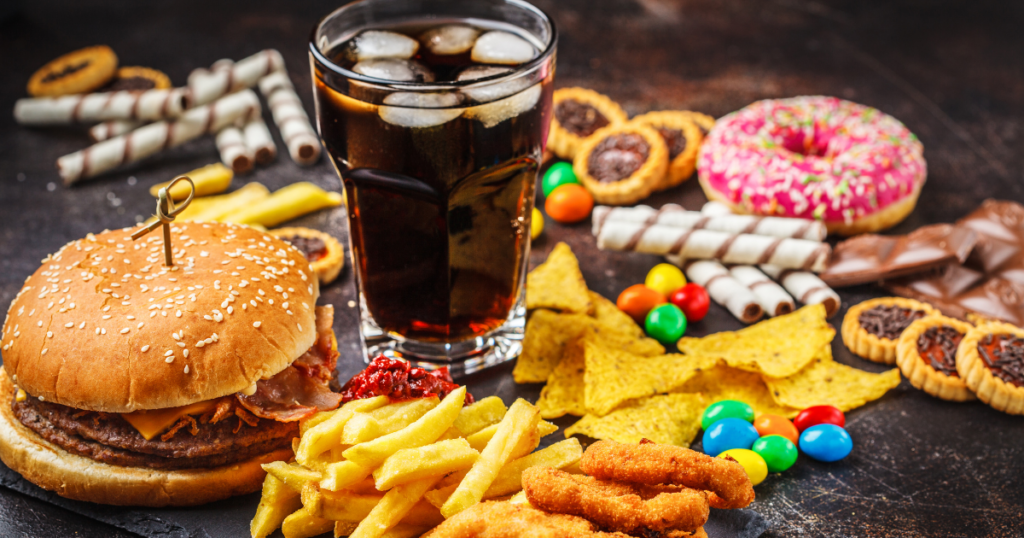
If you’ve gone through the waves of dieting, it’s likely that you have beliefs in your mind about what foods are “good” and what foods are “bad.”
Maybe you tell yourself:
“You can’t eat that, it’s bad.”
“You can’t eat that, it has too much sugar in it.”
“You can’t have that bad junk food in the house, you will eat it all.”
“You’ve already been so bad today/this week – you will regret this.”
Have you ever considered that this practice of food moralization could potentially harm your relationship with food? In today’s post, we’ll explore why such black-and-white thinking about food can be harmful and how you can begin to break free from this mindset. If you’ve been battling with disordered eating, this article might just be the helping hand you’ve been looking for. Let’s get started!
Table of Contents
What is Food Moralization?
The moralization of food is a social phenomenon where foods are assigned moral values based on perceived healthfulness. These values, often labeled as “good” or “bad”, healthy” or “unhealthy”, play a major role in our food choices and overall relationship with food.
Basically, it’s the idea of assigning moral values or judgments to certain foods. For instance, you might hear someone saying, “Oh, I’ve been so good today, I only ate salads,” or “I’ve been bad, I had a slice of cake.” In this case, the salad is being seen as a “good” or “moral” food choice, while the cake is seen as “bad” or “immoral.” Now, here’s the kicker – food, by its nature, is amoral, meaning it doesn’t inherently carry good or bad values. Additionally, you’re NOT a good or bad person for having a salad or a slice of cake.
NEWSFLASH: We are not born with knowledge of food’s morality.1 For example, little kids don’t see candy or sweet things as “bad” or call them “guilty pleasures.” But as we grow up, we start to label food as good or bad because of what we hear from different places. This could come from people we know like family, friends, coaches, teachers, health professionals, or even our community.
We also learn to label food from society. Celebrities, professional athletes, and media can influence how we think about food. In addition, we might get these labels from diet books, diet programs, and nutrition research.1 The foods we often deem as “good,” “bad,” “healthy,” or “unhealthy” are highly dependent upon what diet or nutrition principles are currently popular.2 So it’s important to remember, these labels come from outside of us and we get to decide whether or not to believe them!
Three Reasons to Stop Labeling Foods as “Good” or “Bad”
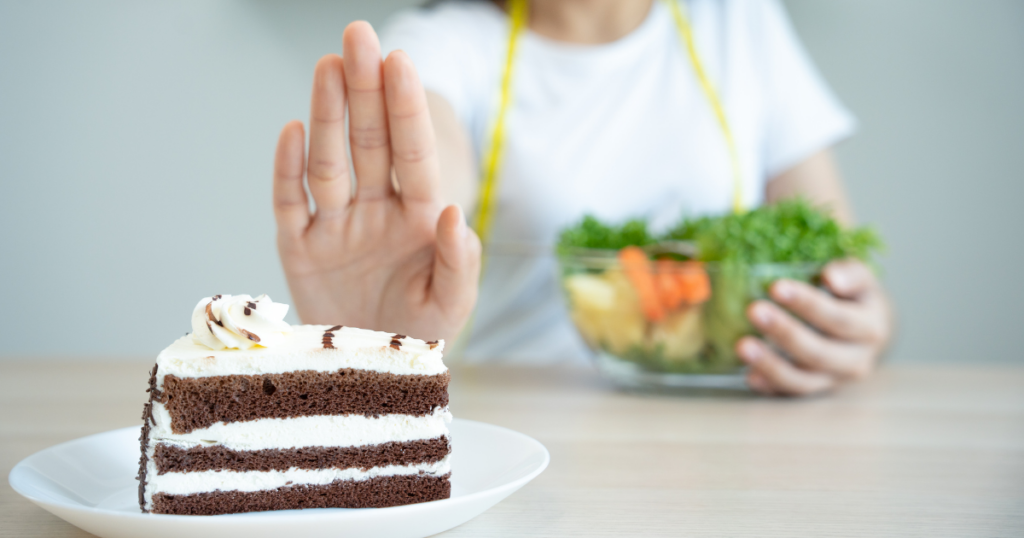
Let’s unpack three significant reasons why we need to stop labeling foods as “good” or “bad”:
#1: Food Moralization Creates a Restrictive Mindset.
Labeling foods as “good” or “bad” inherently leads us to develop a restrictive mindset. When we categorize certain foods as “bad”, we’re setting up rules for ourselves, and these rules dictate what we can and can’t eat. This labeling often feeds into a pattern known as the binge-restrict cycle.
In this cycle, a person restricts their diet by labeling and avoiding certain foods as “bad”, which can then lead to feelings of deprivation. This deprivation can result in a binge eating episode, where the person consumes large amounts of the previously restricted food (you know that saying… “we want what we can’t have!”). Following a binge, the individual often feels guilty and resorts to stricter restriction, setting up the cycle to repeat itself. This relentless cycle can be damaging both physically and emotionally, and it can keep a person stuck in an unproductive and unhealthy relationship with food.
#2: Food Moralization Makes You Fear Food.
Labeling food as “good” or “bad” can inadvertently cultivate fear and anxiety around food. When we tag specific foods as “bad”, we may start to dread them and the perceived negative effects they could have on our health or our bodies. This fear isn’t just about the food itself, but also about the possibility of losing control if we allow ourselves to indulge in these “forbidden” items.
Instead of guiding our food choices by fear, we should be empowered to make decisions based on enjoyment and satisfaction, as well as nutritional needs. We need to remember that food isn’t just fuel, it’s also a source of pleasure and a part of our cultural and social lives!
#3: Food Moralization Can Cause Disordered Eating Habits.
Labeling foods as “good” or “bad” not only creates a restrictive mindset and fear around food, but it can also contribute to the development of disordered eating habits. When we consistently label and avoid certain foods, it can lead to behaviors such as obsessive calorie counting, over-exercising to “burn off” perceived bad foods, and an overall preoccupation with food and weight that overshadows other aspects of life.
These behaviors can turn into eating disorders, such as anorexia, bulimia, and binge eating disorder, etc. Additionally, even if disordered eating does not progress to a full-blown eating disorder, it can still negatively impact your mental and physical health. It can cause nutrient deficiencies, disrupt your metabolism, contribute to anxiety and depression, and overall lower your quality of life.
Tips to Break Away from Black-and-White Mindset Around Food
Now that we understand why moralizing food is unhelpful, how can we change this mindset? Here are some tips to get you started:
- Embrace Food Neutrality: Start by viewing all foods as just that – food. Instead of categorizing them into “good” or “bad”, see them as different sources of nourishment and pleasure. If you find yourself labeling foods, challenge those thoughts and explore where those thoughts are stemming from.
- Include All Food Groups: Ensure you include a variety of foods in your diet from all food groups. Embrace the concept that all foods can be part of a balanced diet.
- Ditch the Diet Mentality: Let go of dieting, rigid diet rules and restrictions. Remember, no single food can make or break your health, and it’s your overall dietary pattern that matters.
- Listen to Your Body: Your body is SMART and can guide you towards balance. By paying attention to your cravings and hunger and fullness cues, you can eat intuitively and meet your body’s needs.
- Seek Professional Help: If you’re struggling to change your mindset about food, consider seeking help from an eating disorder professional, like us at Confidently NourishED. We’re trained to guide you through these struggles and help you establish a healthier relationship with food and your body.
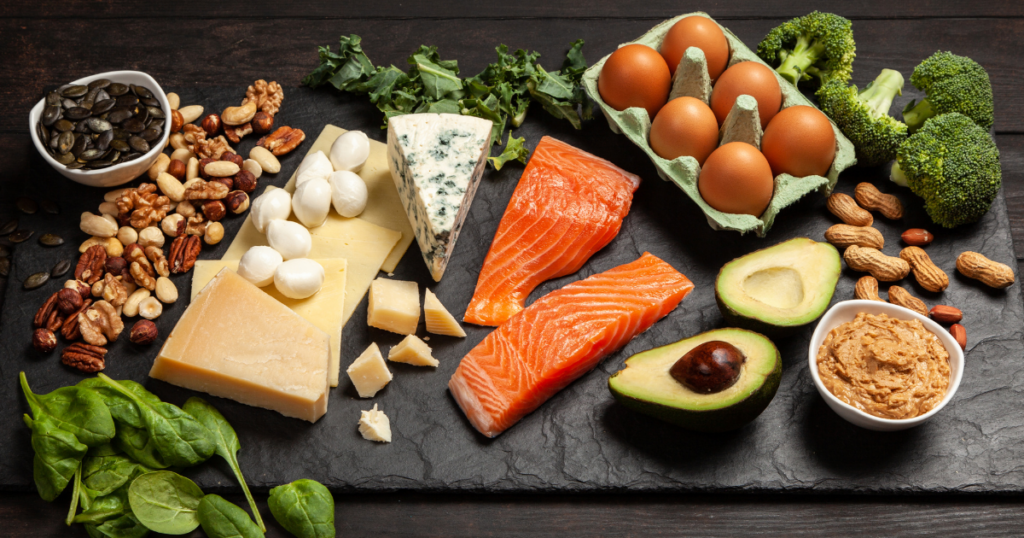
Bottom Line
Remember, food is just food; it’s meant to nourish our bodies and be enjoyed. When we moralize food or label foods as “good” or “bad,” we interfere with our body’s natural intuition and can set ourselves up for disordered eating.
Start your journey towards a healthier relationship with food by applying to work with us here. You don’t have to navigate these challenges alone – we’re here for you every step of the way!
References
- Tribole, Evelyn. Intuitive Eating for Every Day: 365 Daily Practices & Inspirations to Rediscover the Pleasures of Eating. 1st ed., Chronicle Prism, 2021.
- Herrin, Marcia, and Maria Larkin. Nutrition Counseling in the Treatment of Eating Disorders. Brunner-Routledge, 2013.



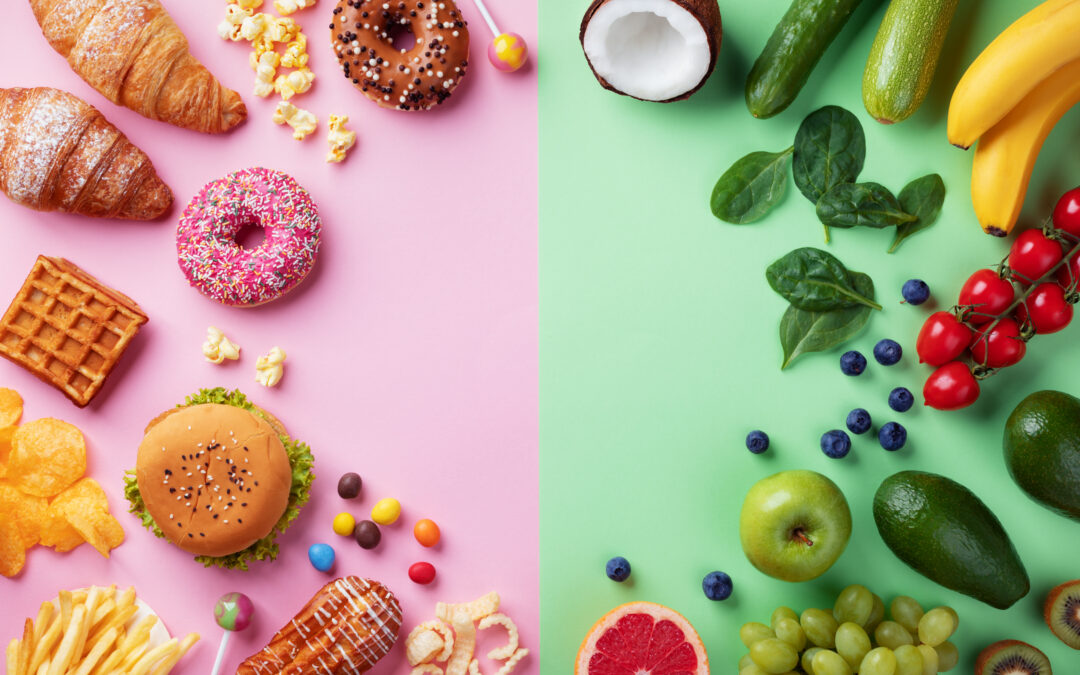

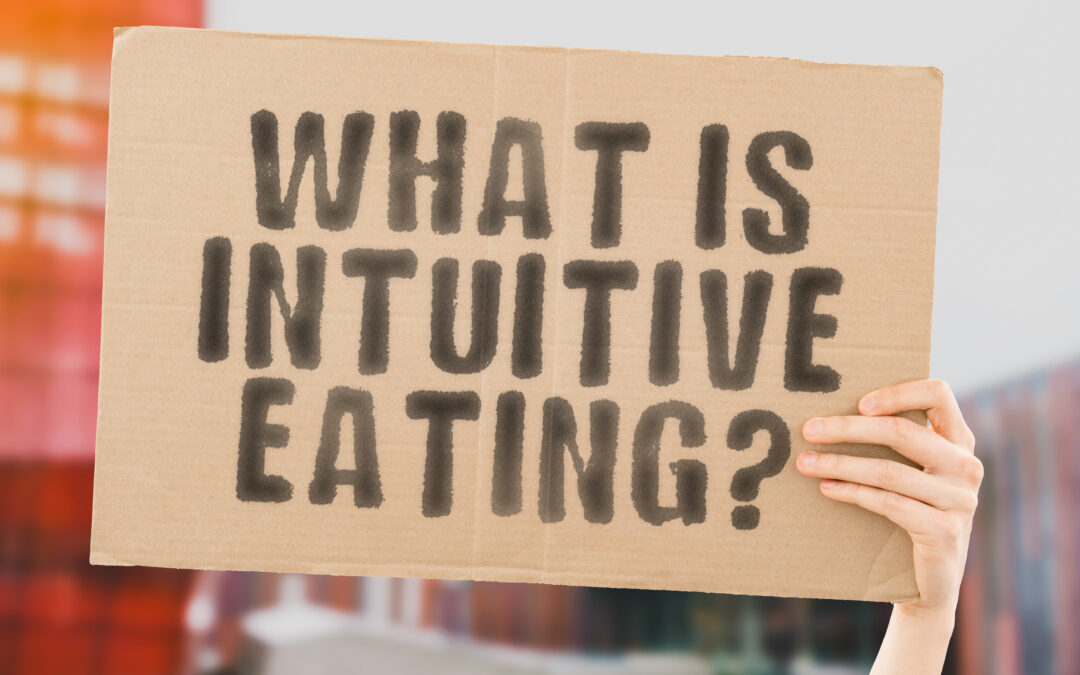
0 Comments